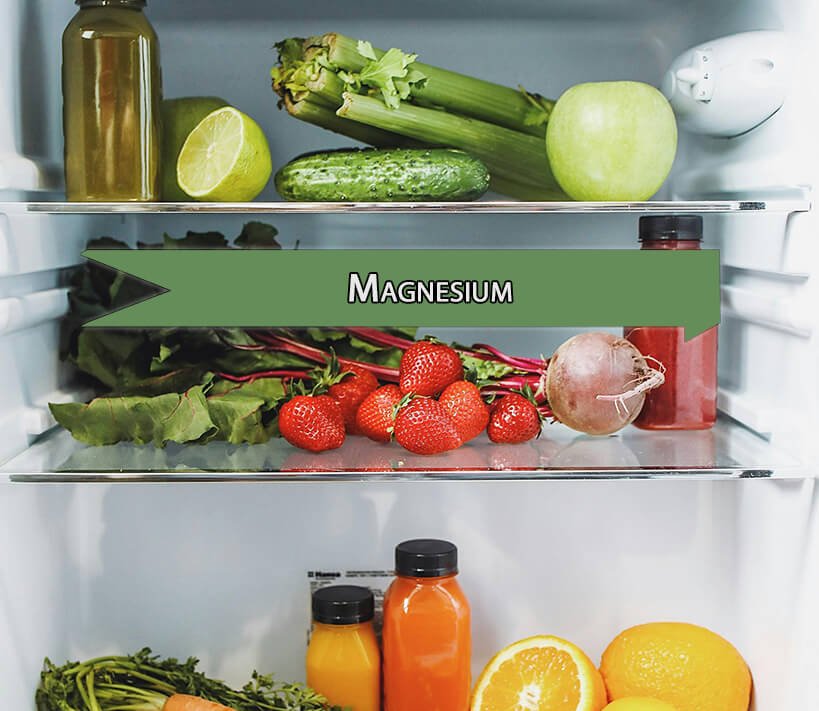When we think about improving mental health, our thoughts usually revolve around therapy, exercise, and medication, and thats where our attention stays. But what if the key to a brighter mood is not hidden in a prescription bottle, but right there in your kitchen? Magnesium, a humble yet powerful mineral, might just be the unsung hero in the natural fight against depression. Magnesium is not trendy like turmeric or as hyped as collagen, but it is essential. It plays a vital role in over 300 biochemical reactions in your body, from keeping your heart beating steadily to calming your nervous system. Yet, magnesium deficiency is shockingly common, especially if your diet is full of processed foods or if you’re often stressed, both of which quickly deplete magnesium levels.
In this blog, we will explore the powerful connection between magnesium and the brain, whether you are getting enough of it, and how to build a mood boosting menu with nature help.
Connection between Magnesium and Brain
Is like nature chill pill. It helps regulate neurotransmitters in the brain, the chemical messengers that send signals, such as serotonin, which is responsible for that “feel-good” feeling. Without enough magnesium, these mood regulating pathways can not function properly, leading to anxiety, irritability, and even depression. In fact, a study found that individuals who took daily magnesiums supplements experienced reduced depression and anxiety symptoms within just two weeks. The research concluded that magnesium is a safe, fast-acting, and affordable natural treatment. At Psychoaura, we believe in harnessing such natural solutions to support emotional well being and long term mental health.
Benefits
- It helps balance cortisol, the body primary stress hormone.
- It reduces inflammation, which is closely linked to depression.
- It supports brain plasticity, helping the brain recover from stress.
- It improves sleep quality, which is closely tied to emotional stability.
Are you getting Enough Magnesium?
The recommended daily intake of magnesium is around 310-420 mg, depending on age and gender. Many people fall short, but the good news is you can boost your intake through real, whole foods– no fancy supplements required.
Nature Mood-Boosting Menu
Following are the magnesiums rich foods:
Fruit High in Magnesiums
- Avocados
- Banana
- Blackberries
- Papaya
- Kiwi
Vegetables Packed with Magnesiums
- Spinach
- Swiss chard
- Okra
- Beet Greens
- Potatoes
- Broccoli
- Artichokes
Conclusion
Although therapy and medication are often emphasized as essential tools for managing mental health, it is increasingly recognized that nutritional support plays a significant role as well. Among the often overlooked factors, magnesium has been identified as a potential missing link in the fight against depression. Its ability to regulate mood, reduce stress, enhance sleep, and support brain function has been well-documented. By making simple dietary changes, magnesium-rich foods can be added to daily meals, helping both the body and mind to be naturally supported and nourished.




